Horses are fascinating creatures with unique personalities and behaviors. Understanding their communication is essential for building a strong relationship with these majestic animals. In this article, we will explore the different ways horses communicate and what they are trying to tell us.
Body Language

Horses communicate mainly through body language. Understanding their postures and movements is crucial for interpreting their messages. Here are some common body language signals to look out for:
- Ears: Horses use their ears to communicate their mood. When their ears are pricked forward, they are alert and interested. If their ears are pinned back, they are angry or scared.
- Tail: A relaxed tail indicates a calm and content horse. A tail swishing back and forth can indicate annoyance or discomfort.
- Head: A lowered head indicates a relaxed horse, while a raised head signals alertness and curiosity.
Vocalization
While horses mainly communicate through body language, they also use vocalization to convey their messages. Here are some common horse vocalizations and their meanings:
- Neigh: A loud and high-pitched sound that horses make to communicate with other horses or humans. It can indicate excitement, fear, or loneliness.
- Whinny: A softer and more prolonged version of a neigh. Horses use this to locate their herd mates or to greet their owners.
- Squeal: A high-pitched sound that horses make when they are in pain or when they are fighting with other horses.
Understand Your Horse’s Personality
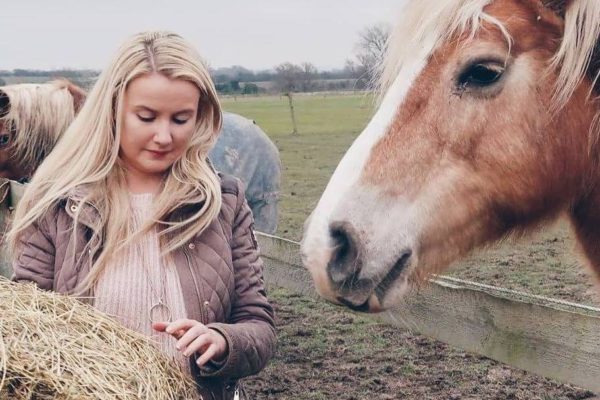
Just like humans, horses have their own unique personalities. Some horses are more outgoing and friendly, while others are more reserved and cautious. Understanding your horse’s personality can help you communicate with them better. Here are some common horse personalities:
- Extroverted: These horses are outgoing and love attention. They are easy to train and enjoy being around people.
- Introverted: These horses are more reserved and cautious. They take longer to trust people and may require more patience and understanding.
- Aggressive: These horses can be dangerous and require specialized training and handling. It is essential to work with a professional trainer if you have an aggressive horse.
Understanding equine communication is essential for building a strong bond with your horse. By learning to interpret their body language and vocalizations, you can understand their needs and emotions better. Remember to take your horse’s personality into account and work with a professional trainer if necessary. With patience and understanding, you can build a lifelong relationship with your horse based on trust and mutual respect.

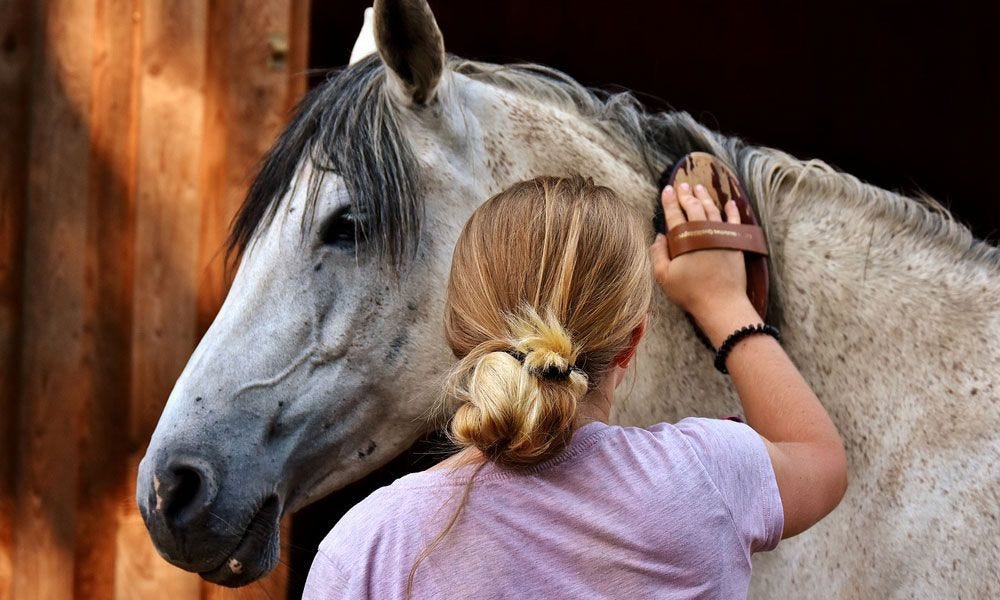


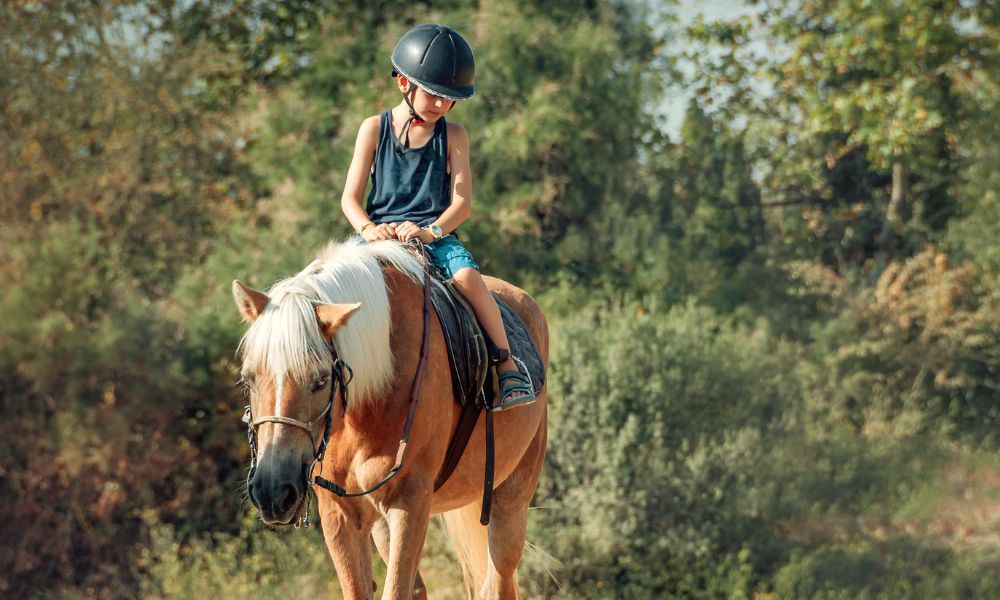
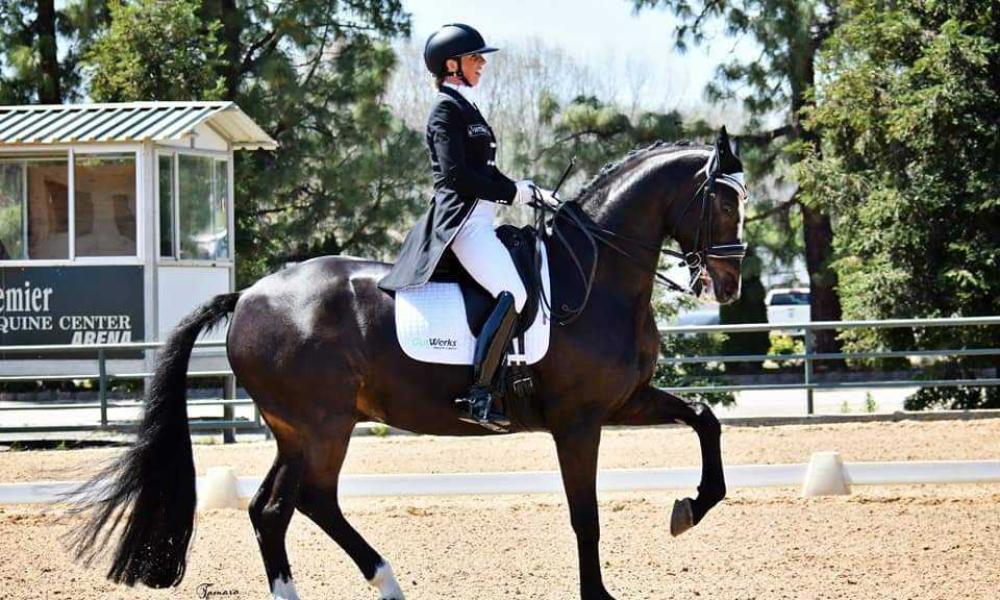
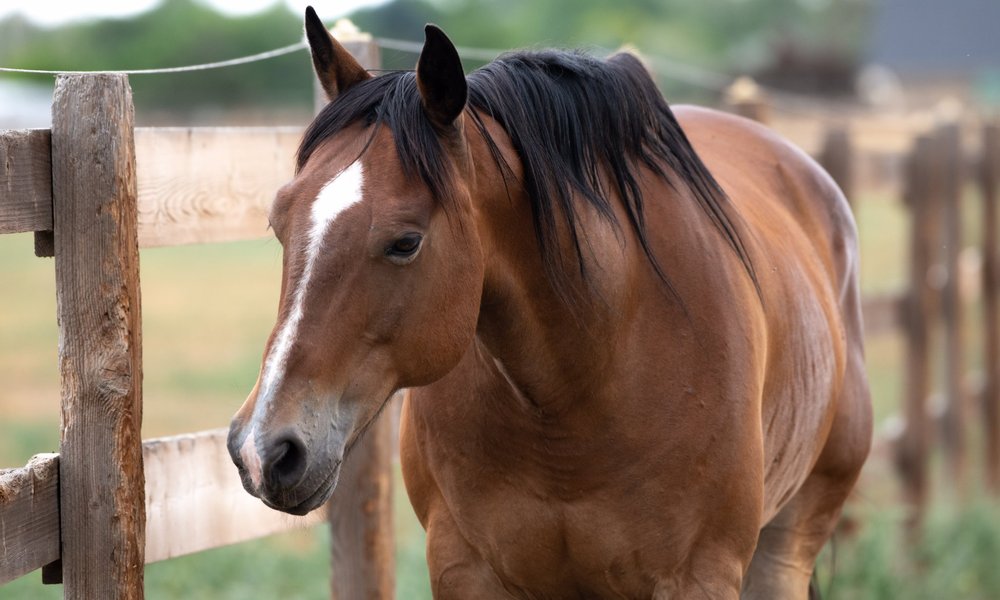





Comments